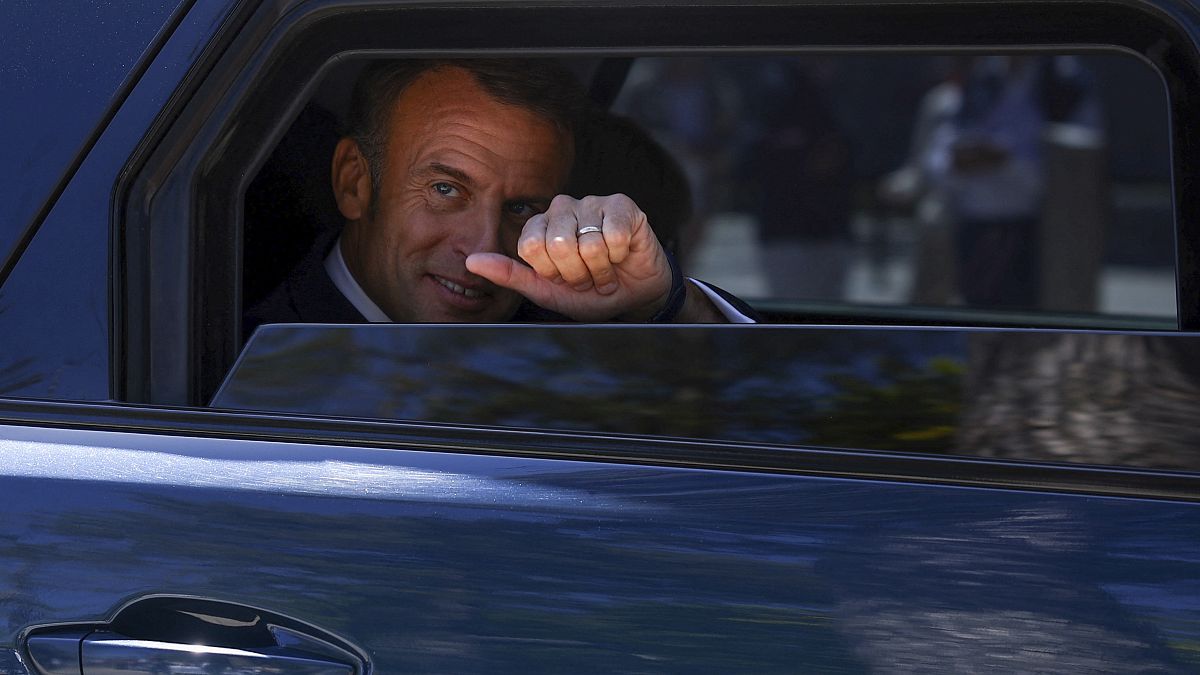The European elections have recently concluded, leading to intense diplomatic activity for Ukraine. President Volodymyr Zelenskyy made appeals for help with repairing Ukraine’s infrastructure and repelling missile attacks by Russia. Amidst this, the European support for Ukraine seems strong. However, the far-right made significant gains in France, with Marine Le Pen’s National Rally party moving closer to power. This led French President Macron to call for national elections in just a few weeks in an attempt to unite moderate forces against extremes on the political spectrum.
In the aftermath of the European elections, the winners and losers are beginning to prepare for the next legislative battles over future alliances and coalitions. Among the major topics discussed is the selection of the next leadership team for the European Commission, Council, and High Representative. It is expected that Ursula von der Leyen will be re-elected as Commission president, with a majority supporting her. The impact of this decision on her political agenda will depend on her outreach to different political parties, particularly in the face of a growing influence from the far right.
The call by French President Macron for snap elections in response to the European election results has plunged France into a state of political uncertainty. The French parliamentary election system, characterized by a two-round system, makes it difficult to predict the outcome. Party coalition agreements are essential, and there have been attempts to form new coalitions in the wake of the election results. The unpredictability of the French political landscape has led to speculation and uncertainty about the potential outcomes of the upcoming elections.
As the European elections have caused significant political shifts at the national level in countries like France, the focus now turns to the consequences of these results. The rise of the far right and the need for moderate forces to unite against extremes have become crucial elements in shaping the future political landscape in Europe. The influence of different political parties, including the Greens, on the political agenda will be important factors to watch in the coming months.
Going forward, the European Union is likely to see a continuation of business as usual, with the center holding a solid majority despite the rise of the far right in some countries. The selection of the next leadership team and the overall political agenda will be shaped by the dynamics between different political parties and their willingness to cooperate or clash on various issues. The aftermath of the European elections has set the stage for a period of uncertainty and negotiation as European countries navigate the changing political landscape.
In conclusion, the outcome of the European elections has led to a period of political uncertainty and negotiation across Europe. The rise of the far right in countries like France has prompted calls for moderate forces to unite against extremist ideologies. The selection of the next leadership team for the European Commission will play a significant role in shaping the political agenda for the next five years. As countries like Ukraine continue to face challenges with Russia, European support remains crucial in maintaining stability and peace in the region. Ultimately, the aftermath of the European elections underscores the need for strong leadership, unity, and cooperation among European countries to address common challenges and move forward together.











